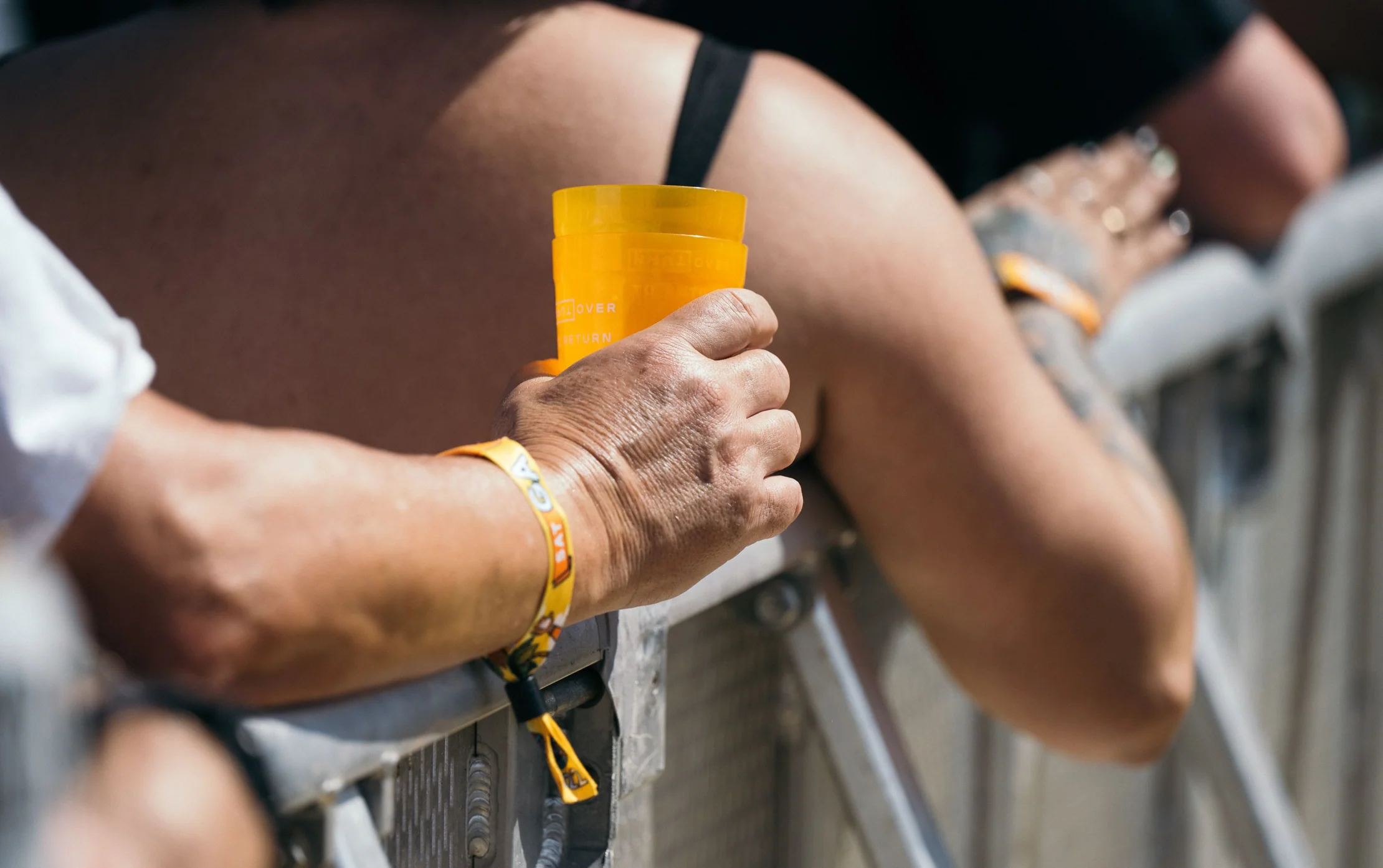
Europe Introduces Reusable Cup Requirement for Festivals
Festivals have long grappled with the environmental impact of their operations, particularly concerning waste generation. To address this issue, European festivals have implemented measures to reduce their ecological footprint, including the use of reusable materials for kitchen utensils. One significant step taken is the ban on single-use cups at festivals, effective since June 15. However, the application and enforcement of this ban remain uncertain.
In response to growing concerns about environmental sustainability, recreational spaces and music festivals have embraced the use of reusable cups as a means to minimize waste. These cups can be made from various materials such as plastic, stainless steel, and bamboo. Some festivals even offer their own unique reusable cup designs, while others allow attendees to bring their own cups.
There are different approaches to implementing reusable cups at festivals. One method involves a deposit system, where individuals pay a small fee for a cup and receive a refund upon its return. Another approach is the “buy one, get one free” system, rewarding those who bring their own cups with a complimentary drink. However, the use of reusable cups currently applies only to a portion of consumables at these events, a situation that Europe intends to address.
European festivals aim to completely transition to reusable cups by 2025, with organizers required to introduce reusable cups by 2024 and replace PET bottles and cans by 2025. Additionally, they must demonstrate that at least 95 percent of the cups are collected for recycling. Waste company OVAM’s Jan Verheyen highlights the importance of this transition and the need for festivals to comply with the new regulations.
Despite the requirements, festivals such as Tomorrowland, Rock Werchter, and Graspop have sought exceptions from Minister of the Environment Zuhal Demir. Festival organizers are requesting flexibility due to specific circumstances. Demir’s spokesperson, Andy Pieters, explains that the exception requests are being assessed based on their validity.

Tomorrowland spokesperson Debbie Wilmsen states that they have a year to reconsider their plans and find the right suppliers. While they prefer to deplete their stock of disposable cups this year, they aim to fully transition to reusable cups, both for beverages and tableware, at their campsite “Dreamville.” Other festivals may be granted exceptions if they can demonstrate the inability to supply enough reusable cups or ensure proper hygiene due to inadequate washing facilities.
Logistical challenges also pose obstacles to the widespread adoption of reusable cups. Festivals struggle to find suppliers capable of providing large quantities of cups, as they consume millions of pints over a single weekend. Furthermore, maintaining proper washing systems and guaranteeing hygiene standards can be complex. Contamination risks and health concerns necessitate thorough washing procedures that some organizers cannot currently ensure.
Federal Minister of Climate, Environment, and Sustainable Development Zakia Khattabi emphasizes that the federal government has banned the marketing of disposable cups. Regions can only grant exceptions for disposable cups already in stock before January 24, 2023. All festivals granted exceptions must establish systems to ensure that at least 95 percent of the cups are separately collected for recycling.
The implementation of reusable cups at festivals represents a significant step toward greater environmental responsibility. While challenges exist, organizers, suppliers, and authorities must collaborate to find sustainable solutions that prioritize waste reduction and ecological preservation.
Written by: AIT
europe reusable cups festivals

Post comments (0)